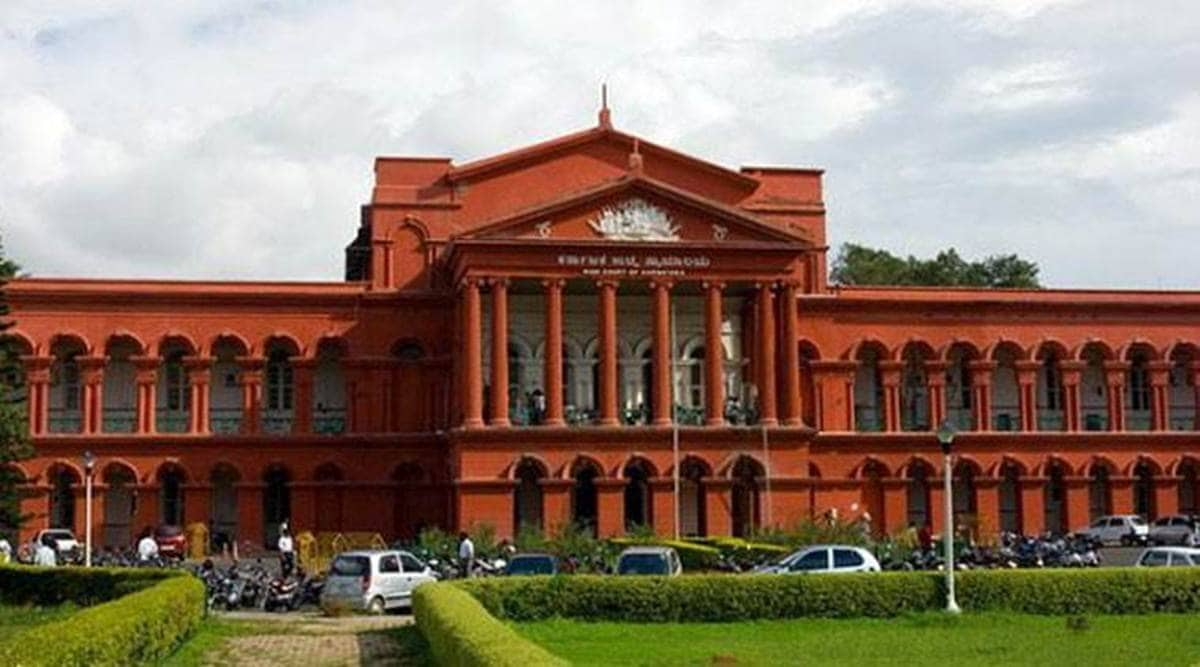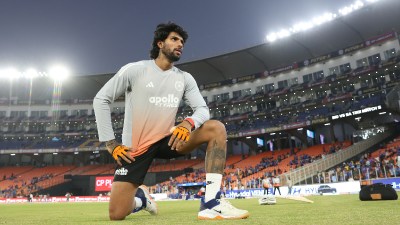Karnataka HC dismisses Twitter’s petition against Centre’s blocking orders
Justice Krishna S Dixit also imposed a cost of Rs 50 lakh on Twitter Inc and said the social media company had approached the court without initially complying with the Government’s orders for over a year.
 The HC however ruled that the reasons for the blocking orders were discussed with the petitioner in committee meetings. It said notices were not needed to be issued to account holders before the blocking.
The HC however ruled that the reasons for the blocking orders were discussed with the petitioner in committee meetings. It said notices were not needed to be issued to account holders before the blocking. A single-judge bench of the Karnataka High Court on Friday dismissed a plea by Twitter Inc against the blocking orders issued by the Ministry of Electronics and Information Technology (MeitY), saying the Centre has the power to block tweets and accounts.
Justice Krishna S Dixit also imposed a cost of Rs 50 lakh on Twitter Inc and said the social media company had approached the court without initially complying with the Government’s orders for over a year.
“The impugned (blocking) orders have been implemented with a clandestine caveat of reserving the right to challenge. This is a classic case of speculative litigation and therefore, the petitioner is liable to suffer levy of exemplary costs,” the bench noted.
Dismissing the plea, Justice Dixit ruled that the blocking powers of the Centre extend to not just single tweets but entire user accounts. “I am of the considered opinion that the power to block under section 69A(1) of the Act read with Website Blocking Rules is not tweet-specific but extends to user accounts in their entirety,” Justice Dixit.
The counsel for Twitter had previously argued that the relevant law only provided for blocking or restricting information that already existed, whereas blocking of accounts would amount to a blocking of information yet to be generated as well.
The bench rejected this as having too much of a “linguistic” focus, and chose to interpret the intention of the statute “purposively”, holding that intent of the law would allow blocking of accounts.
Twitter’s counsel had also argued that there was non-compliance on a substantive and procedural level with Section 69a of the IT Act (power to restrict access to public info via computer), and cited lack of notice to account users. The counsel also argued that no reasons were provided in the blocking order.
The HC however ruled that the reasons for the blocking orders were discussed with the petitioner in committee meetings. It said notices were not needed to be issued to account holders before the blocking.







